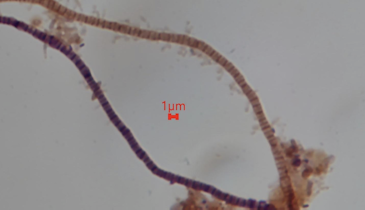One of the best things about the wastewater treatment industry is operators' and lab technicians' willingness to share stories, advice, know-how and new technologies with others around the nation. Whether you're networking at trade shows, participating in educational events,...
Best of 2021: Operators Offer Top Strategies and Advice
Popular Stories
Discussion
Comments on this site are submitted by users and are not endorsed by nor do they reflect the views or opinions of COLE Publishing, Inc. Comments are moderated before being posted.






